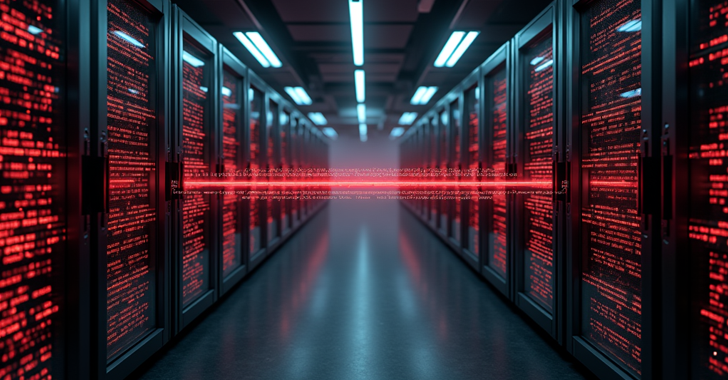Calvin French-Owen, an engineer who recently departed OpenAI, has provided an insightful glimpse into the inner workings of the company during a period of rapid expansion and groundbreaking innovation. French-Owen, who joined OpenAI in May 2024 and left in June 2025, shared his experiences in a detailed blog post, shedding light on the culture, challenges, and dynamics within the organization.
Rapid Expansion and Organizational Challenges
During his tenure, French-Owen witnessed OpenAI’s workforce triple from approximately 1,000 to over 3,000 employees. This swift growth, driven by the soaring popularity of products like ChatGPT—which boasted over 500 million active users by March 2025—brought about significant organizational challenges. He noted that such rapid scaling led to breakdowns in communication, reporting structures, product shipping processes, people management, and hiring practices. The company, despite its size, maintained a startup-like environment where individuals were encouraged to act on their ideas with minimal bureaucracy. However, this autonomy sometimes resulted in overlapping efforts, with multiple teams developing similar tools, such as queue management libraries and agent loops.
Diverse Talent Pool and Codebase Complexity
OpenAI’s talent pool was diverse, encompassing seasoned engineers from tech giants like Google and newly minted PhDs. This mix led to varying coding styles and practices. The company’s heavy reliance on Python contributed to a central code repository, referred to as the back-end monolith, which French-Owen described as somewhat disorganized. This complexity often resulted in frequent system issues and prolonged runtimes. Recognizing these challenges, senior engineering managers were actively working on improvements to enhance system stability and efficiency.
Intense Product Development and Launches
French-Owen recounted the intense development cycle of Codex, OpenAI’s AI coding assistant. His team, comprising eight engineers, four researchers, two designers, two go-to-market staff, and a product manager, built and launched Codex in just seven weeks. This period was marked by long hours, with team members often working until midnight and resuming early the next morning. Despite the grueling schedule, the launch was highly successful, with Codex gaining immediate traction upon its release. French-Owen remarked on the unprecedented user uptake, attributing it to the integration within ChatGPT’s interface.
Communication Practices and Company Culture
OpenAI’s communication practices were notably unconventional. The company operated almost entirely on Slack, with email usage being minimal. French-Owen estimated receiving only about ten emails during his entire tenure. This reliance on Slack fostered a dynamic and fast-paced communication environment, reminiscent of early-stage startups. Additionally, the company maintained a culture of secrecy, often withholding internal developments until public announcements were made. This approach was partly due to the high level of external scrutiny and the competitive nature of the AI industry.
Focus on Practical AI Safety
Addressing misconceptions about OpenAI’s approach to AI safety, French-Owen emphasized the company’s commitment to addressing practical risks. While theoretical concerns like intelligence explosion were acknowledged, the primary focus was on immediate issues such as hate speech, abuse, political bias manipulation, bio-weapon creation, self-harm, and prompt injection. Dedicated teams were actively working on developing safety systems to mitigate these risks, reflecting the company’s awareness of the significant impact its technologies have on millions of users worldwide.
Conclusion
French-Owen’s reflections offer a nuanced perspective on life inside OpenAI during a transformative period. His account highlights the challenges of rapid growth, the complexities of managing a diverse and talented workforce, and the intense drive to innovate in the competitive field of artificial intelligence. As OpenAI continues to evolve, insights from former employees like French-Owen provide valuable context for understanding the company’s internal dynamics and its approach to developing cutting-edge AI technologies.



